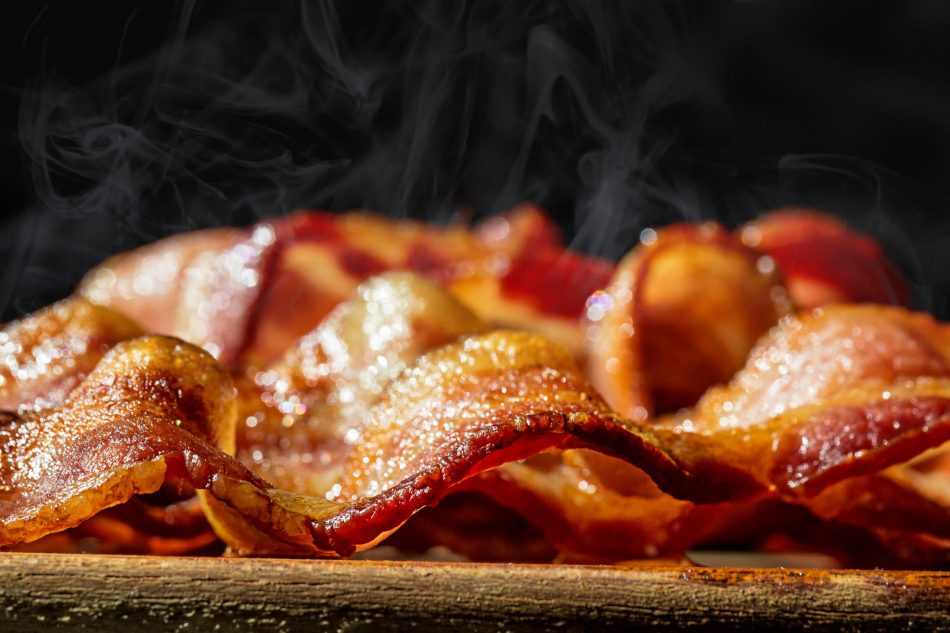The Weekly Theme
Each week, we feature a new theme of solutions for those passionate about learning in-depth on how we are building a better world!

20 everyday inventions that wouldn’t exist if it weren’t for space travel
For those who might think space travel is an unnecessary expense, you might want to reconsider. The fact of the matter is that many of the tools and appliances we use on a daily basis are the result of new technologies developed for the purpose of space travel. Take camera phones, for example. In Read More...

Love bacon? Then you should try these mushroom-based bacon bits
While plant-based beef burgers may fool the taste buds of meat eaters, there’s no way anyone could mimic the taste of bacon without meat, right? Wrong. A food brand by the name of Hanley’s Foods has created a sustainable stand-in replacement for bacon using crispy mushrooms that taste Read More...

Apparently, honey can serve as a sensitive indicator of air quality
While honey is perfect for making anything a little bit sweeter, that’s not the only thing honey is good for. According to a recent study, honey can serve as a sensitive pollution detector. As it turns out, bees pick up on trace amounts of metals as they forage for pollen, which settles on Read More...

In Minnesota, solar farms are commonly surrounded by bee-friendly flowers
Solar farms? Good. Solar farms surrounded by prairie grasses and budding flowers? Excellent. In Minnesota, it’s becoming common for large solar energy sites to have pollinator-friendly plantings around them. Not only do they provide habitat for the bee and butterfly populations people have been Read More...

Game designers have created a simulator that let’s you live the life of a bee
Have you ever wondered what it’s like to be a bee? Well if you are curious, there’s a new simulation game that gives you an inside look at the real lives and struggles of the American wild bee. Both educational and entertaining, Bee Simulator allows you to fly around our colorful world Read More...

To save the Monarch butterfly, grow this plant in your garden
Monarch butterflies need all the help they can get. Eastern Monarch populations have plummeted 90 percent in just the last two decades, and their Western comrades aren’t fairing all too much better. This is partially to blame on the loss of milkweed in America, a perennial flower that serves Read More...

Why beekeeping is big business these days
How do beekeepers make most of their money? While honey may seem like the obvious answer, the real answer is that beekeepers make most of their money from pollination services where they provide hives to farmers. Just look to California where nearly 80 percent of the world’s almonds are grown. Read More...

Scientists in New Zealand are using ‘eavesdropping’ technology to protect birds
This week we’re giving extra attention to birds, bees and all the pollinators that keep our ecosystems in order. For today’s edition, let’s have a word about the Hihi bird—a rare species of bird that was recently reintroduced to a nature reserve in New Zealand after being regionally extinct Read More...

Argentina’s wild bees are choosing a strange material to build nests: plastic
The ways that bees adapt to problems created by humans is both brilliant and saddening. Just look to Argentina where researchers have discovered bees constructing nests entirely made of the flimsy plastic packaging material left on farms. From 2017 to 2018, researchers at Argentina's National Read More...

Here's what you can do to save the bees!
This week we’re giving a lot of attention to the bee, one of nature’s most important creatures. Why? Because bee populations have been plummeting, and we must do everything in our power to save them. Since bees pollinate almost every major crop, we’d lose one-third of our food sources if bees Read More...


